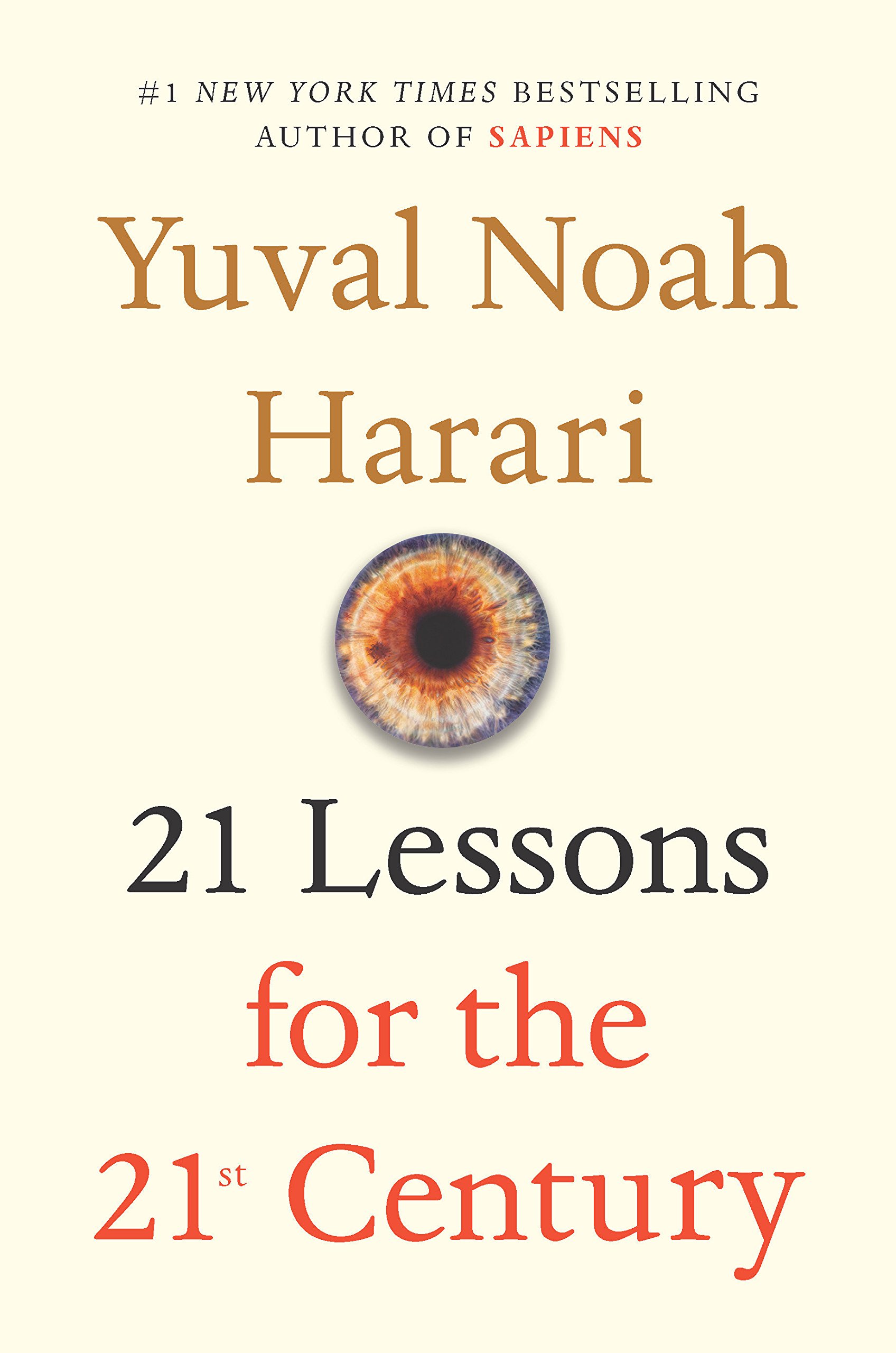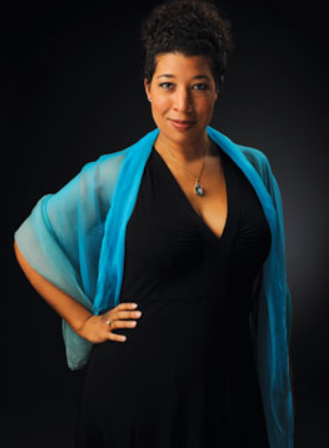A Riot of the Heart, Mind, and Senses
by Elizabeth Clark-Stern
Here we are, 2024. To capture such a year, a daunting task, but here goes:
The political scene had me in such a state, I turned to the parallel universe of L. Timmel Duchamp’s Tsunami, Book Three of the Marq’ssan Cycle (Aqueduct Press, 2007) It did not disappoint, and laid out a dramatic tale of power and politics and the struggle of women that helped me metabolize the comedy of the real world. Take a deep breath, and as you exhale, luxuriate in the luminous prose of Timmel Duchamp: “Waking, Elizabeth found the tent flooded with heat and light. She unzipped the bag and exposed her naked body to the air. As the sweat dried, cooling her fevered flesh, she checked her watch and saw that it was not yet six. Lazy but no longer sleepy, she lay with her eyes closed and listened to the elusive, sometimes mysterious sounds outside – the wind brushing over the tent and, further off, whipping through the canyon’s scattered palm leaves, soughing like ocean surf, the chatter and twitter of birds she did not recognize…Vividly she imaged a hummingbird hovering over the willow tree only inches from the tent, its wings whirring in place as it dipped its long beak into the lavender bell of a flower and sucked its sweet liquor….Elizabeth’s sigh verged on a sensual groan. So beautiful to see, so lust-arousing to think of.” (Tsunami, page 92)
I will never look at a hummingbird the same way! Thanks to Duchamp, I will tremble with sexual delight at the sight of a hummingbird plunging his long slender beak into the delicate receptacle of a flower.
Moving on in a year of miracle and wonder, I devoured Brian D. McLaren’s Life After Doom: Wisdom and Courage for a World Falling Apart. Don’t be dissuaded by the phrase “Christian pastor” in the author’s bio, or his judicious use of scripture in the text. This book is packed with impressive scientific research. The “doom” in the title is based on the opening chapter that lays out the reality of climate change, its speed, and impact on our lives. The rest of the book is true to the subtitle, proposing how we can survive it if we learn to work together and respect one another on an unprecedented scale. A truly inspiring read.
Sometimes, a book is so well-written, it demands our attention, in spite of the dark reality it portrays. Such a book is Patriot, the memoir of Russian dissident, Alexi Navalny. Impossible to put down, it leads us through his promising political revolt against Vladimir Putin, to near-death from poison, to imprisonment in Siberia, where he died. His courage, humanity, and deep love for his wife and family made me feel proud to be of the same human species as this man.
And then, lo and behold, as we splash into December, we see not the tragedy of a man doomed in prison, but the cries of joy from the prisoners released in Syria! Assad flees to Russia! Women and children stagger out of the depths of prison into the sunlight! It is early days, we are told not to trust the rebels, and yet, how can we resist celebration? I ran to my bookshelf and pulled out A Road Unforseen: Women Fight the Islamic State by Meredith Tax (Bellevue Literary Press, 2016) This book was the inspiration for my novel The Language of Water (Aqueduct Press, 2023). My heroine named herself “Sara,” the true-life code name of the revolutionary Kurdish leader, Sakine Cansiz. Like Alexi Navalny, Cansiz was tortured and later died in prison, but the relevance of the model of democracy promoted by the all-women’s YPJ fighting force, is in practice today in Rojava, an independent state in Northern Syria. In A Road Unforseen, Tax shows us the history and development of a democratic society—based on secularism, ethnic inclusiveness, and gender equality---that could possibly become the model for the new democratic state of the entire nation of Syria! What an unexpected possibility, and pleasure, coming to us at the end of 2024.
I wish my brother had lived to see it. He spent the last two years of his life in the prison of his own body in a nursing home in Austin, Texas. I visited as often as I could, called him on the phone every day from my home in Seattle. It did little to mitigate his loneliness and boredom. My brother, David Houston, was many things, a playwright, an actor, and a science fiction writer. I brought my granddaughter, Dylan Nicole Hansen, to visit him in July. An aspiring fantasy writer, she was thrilled to learn that her great Uncle, David Houston, was the author of Gods in a Vortex, its sequel, Wingmaster, Alien Perspectives, Shadows on the Moon, and other works of his highly imaginative mind. Each of these stories explores the longing for peace, justice, and love.
I will close with a poem that came to me in the weeks after my brother’s passing:
MY BROTHER DIED AND WE GOT A KITTEN
My brother died and we got a kitten
She is soft as the tuft of a dandelion floating on the wind,
Her belly pink as a piglet, her paws white as a snowshoe hare,
Her back gray as a donkey on her way to the fair.
She stands guard at the picture window, a lioness looking down
On the dog walkers in the street below.
My brother, David, died in a room with no windows,
His paintings and photos silent testaments of life gone by.
His mind created a world where Mother lived next door.
“She died in 2003,” I said, “But if she comes to you in a vision,
That is a beautiful thing.”
“No,” he said, “It is very confusing.”
Our kitten is called Frida, for her black mustache, goatee,
And the haughty glance in her dark green eyes.
My brother’s cat is Dorian,
Soft powder gray, steel blue eyes,
He sits in the window in a stranger’s house,
Waiting for David to come home.
At night Frida curls onto my chest and licks my leathery neck
With her tiny emery-board tongue.
She purrs like a freight train
And we fall asleep together.
I can no longer curl beside David in his hospital bed,
Trim his toenails, cut his wooly hair, shave his jowly double chin.
I dream that he dances on point in pink toe shoes.
How about that, Frida, he wants us to know joy!
May you, dear reader, know joy and pleasure this holiday season, and in the New Year.
Elizabeth Clark-Stern is a retiring psychotherapist and volunteer with Operation Nightwatch, a program of folks who walk the streets of downtown Seattle at night and give water, snacks, socks, and conversation to unsheltered people. She is the author of The Language of Water, Aqueduct Press, 2023.


















